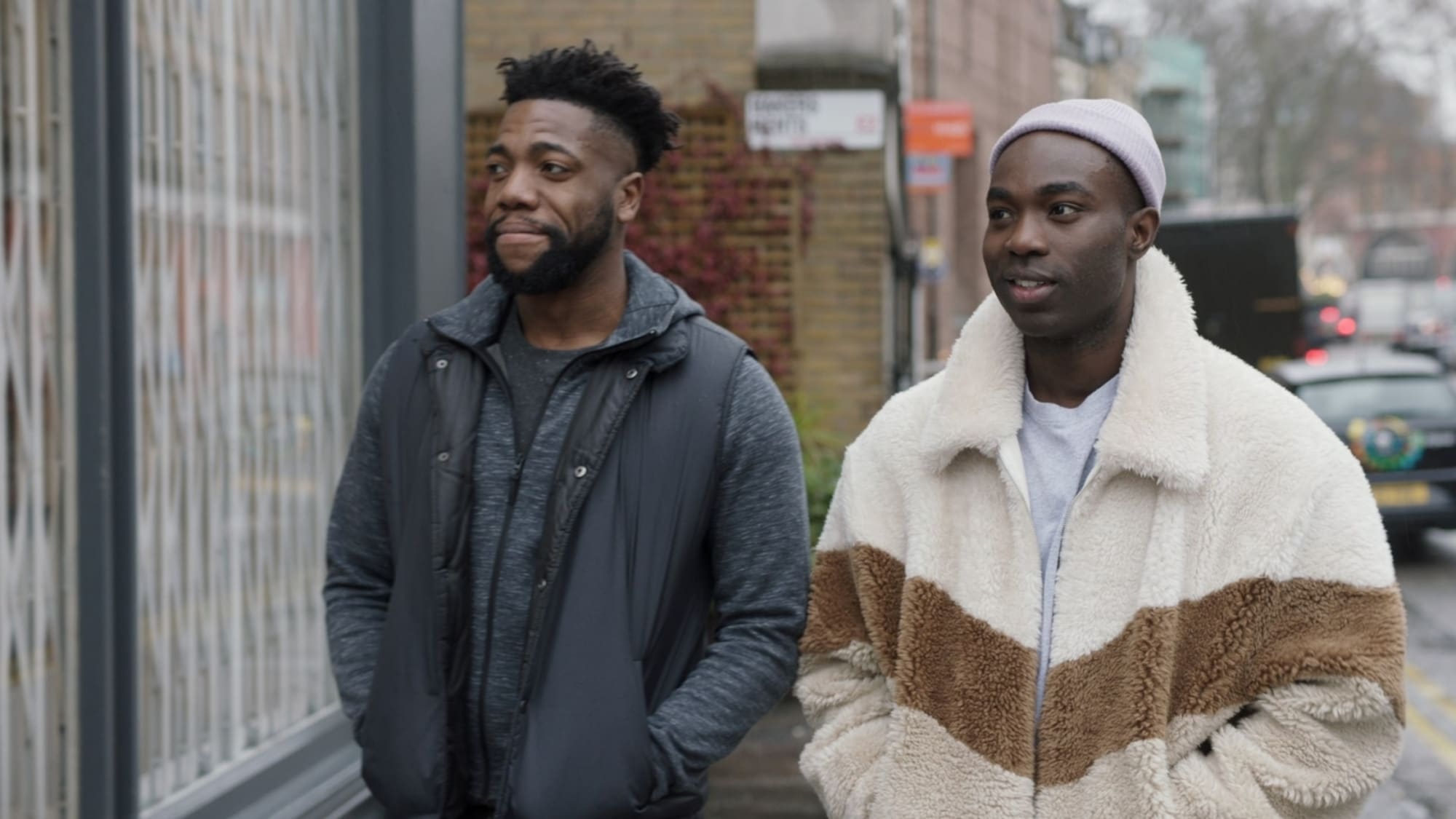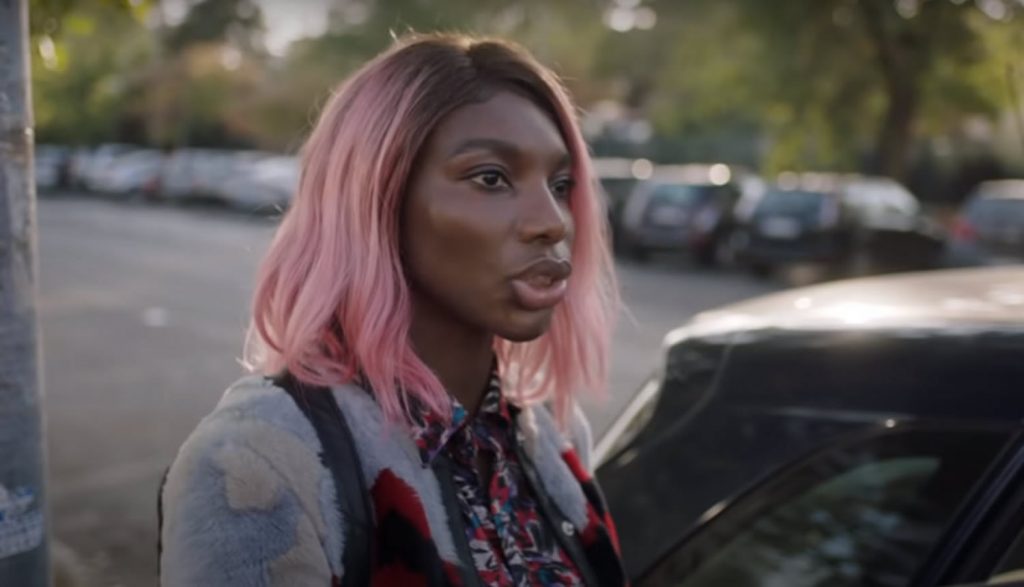
#I may destroy you ben series
It turned out I'd been sexually assaulted by strangers." At its core, I May Destroy You is about Coel trying to process this violence, to tease out what is forever lost through such an assault, and what can be restored, while also taking on the specificities of sexuality, gender and British blackness.Īt number six in BBC Culture's poll of the 100 greatest TV series of the 21st Century, I May Destroy You is the most recent entry in the top 10 (having premiered in June 2020) and arguably both the most radical and of the 21st Century, in that no version of this show could have existed in the century, or even the decade, prior. I emerged into consciousness typing season two, many hours later. "I had an episode due at 7am I took a break and had a drink with a good friend who was nearby. "I was working overnight in the company’s offices," she explained. During her lecture she laid bare the difficulties she'd had as a black woman in the industry, having been consistently undervalued and undermined by colleagues while making Chewing Gum, before telling the audience about her assault. It was an incident that she had first publicly spoken about when she was invited to give the James MacTaggart Lecture at the 2018 Edinburgh International Television Festival – the first black woman to do so. – Twenty-five series that define the 21st CenturyĪfter making two series of her broader, semi-autobiographical comedy Chewing Gum for Channel 4, and making a name for herself in acting roles in the likes of Black Mirror, Been So Long and Black Earth Rising, Coel made the extraordinarily brave decision to create a new show centred around the aftermath of a rape, loosely based on an assault that happened to her.

– What makes The Wire such a great number one – The 100 greatest TV series of the 21st Century

The 100 greatest TV series of the 21st Century: Warning: this article contains references to and discussion of sexual assault The evident point being that Coel's masterwork, which she famously wrote 191 drafts of, is so much more than a story about consent: it's a radical, funny, devastating show about race, art, trauma and rebirth.

In the penultimate episode of the BBC/HBO drama series I May Destroy You, a character turns to Michaela Coel's Arabella and for a moment seems to break the fourth wall to ask "I thought you were writing about consent?" Arabella, who is writer Coel's fictional on-screen alter-ego, shrugs, "So did I".


 0 kommentar(er)
0 kommentar(er)
